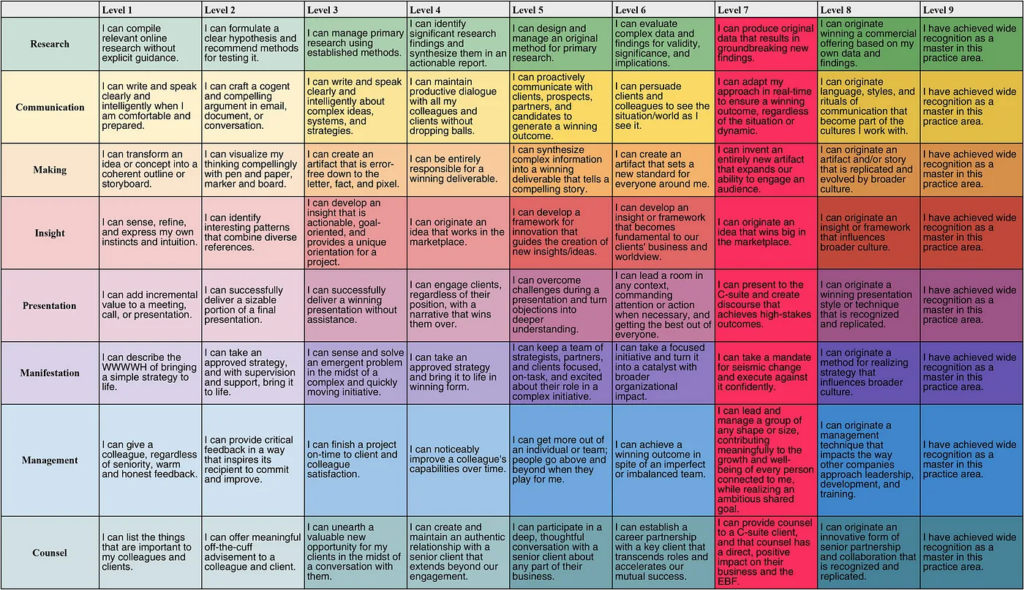A lot of companies are interested in skills-based change, or turning into “skills-first” organizations that use “skills insights” to help them make better choices about hiring, training, redeploying, and reskilling staff. 81% of the people who answered our survey about Navigating The Changing Talent Landscape agreed that hiring based on skills can better match the needs of both employers and workers, which makes work better for everyone.
You can also read another published article on Essential Skills to Put on a Resume to know more about corporate’s requirements in terms of essential skills.
It was important to 84% of those people that talent management in their company “focuses on skills rather than traditional job roles.”
According to research conducted by Deloitte, the most significant obstacles to transforming to a skills-based organization are legacy mindsets and practices (identified by 46% of leaders) and keeping up with the business’s evolving skill requirements (32%).
What is skills maturity?
The Skills Maturity Matrix that Undercurrent made is a great way to improve yourself. It makes you really think about what you can do and where you need to improve. To begin, it lists 8 Core Skills that planners should have, but aren’t limited to those. If you master these skills, you’ll be able to do well in any field.

What level of skills maturity is being demonstrated?
When you evaluate someone or an organization’s skills growth, you look at how well they are doing and how much they have grown in certain competencies or abilities. When judging skill development, here are some things to keep in mind:
Basic Proficiency
Basic proficiency means that the person or team has a basic understanding of the skill but not any more advanced or specialized knowledge.
Intermediate Proficiency:
The person or group clearly knows how to do the work and can do it on their own with some help.
Advanced Proficiency:
It shows a deep understanding of the skill and can handle difficult jobs and challenges with little help.
Expertise:
It’s clear that they have mastered the skill. The person or group is seen as an expert in the field and can help others by giving them advice and direction.
Consistency:
Look at how often the skill is used in different settings and events.
Adaptability:
Look at how well the person can use the skill in new or changing settings, showing that they are flexible and can solve problems.
Innovation:
Check to see if the person or group can use the skill in new and creative ways to get better results.
Collaboration:
Check how well you can work with others, share what you know, and help the team reach its goals when it comes to this skill.
Continuous Learning:
Look at how committed the person is to learning, training, or self-improvement as a way to keep improving the skill.
Documentation and Knowledge Sharing:
To build the organization’s capacity, think about how well the person or team documents their skills and shares knowledge with others.
Problem-Solving:
Think about the skill in terms of solving problems and rate your ability to think about and deal with problems that are connected to the skill.
Results That Can Be Measured:
Check to see if the skill leads to measurable outcomes, like better processes, higher output, or lower costs.
Self-Evaluation:
Tell people to rate their own skill level and provide their own feedback on their strengths and places where they can improve.
Feedback and Reviews:
Use performance reviews and other feedback tools to get feedback from peers, bosses, or clients.
Development Plan:
Talk about your ideas for future growth and development to make the skill even better.
External Benchmarking:
Compare the skill level of the person or team to best practices or benchmarks in the same field.
Read Also: Best skills to put on a resume

